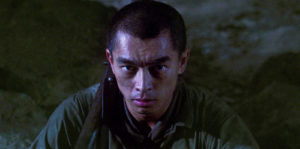
The Second World War has been the source of scores of urban legends and bizarre tales that defy explanation. The story of Hiro Onoda has long been among the most fascinating. French director Arthur Harari’s Onoda: 10,000 Nights in the Jungle is the most comprehensive approach that we’ve seen thus far regarding the man’s life and travails. World War II movie junkies will undoubtedly love this uncompromising and extensive film that offers a sobering look at survival and loyalty.
For those unaware, Onoda – played as a young man by Yuya Endo and Kanji Tsuda as he ages – was a Japanese soldier serving in the Philippines late in the war as Japan’s prospects for victory looked increasingly grim. After the majority of Japanese forces on Lubang island were routed, Onoda and a small cadre of soldiers escaped to the jungle. There, they waited for reinforcements and for the right opportunity to regroup and repel the American advance. Subsisting off of a near-limitless supply of coconuts and bananas, they were prepared for the long haul. They didn’t, however, plan for it to be quite as long as it eventually turned out to be.
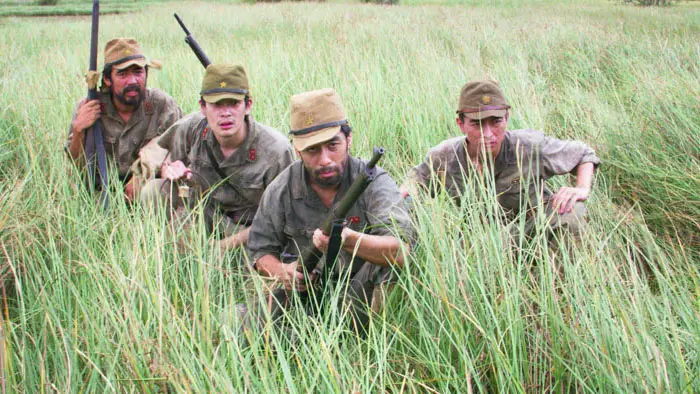
“…unbeknownst to Onoda and his men, Japan surrendered to the Allies…”
The catch is that they escaped to the jungle late in the war. As we all know, but unbeknownst to Onoda and his men, Japan surrendered to the Allies in 1945, just as he and his men were starting their plans for insurrection. Even as the soldiers under his command gradually died off and their numbers dwindled, he refused to believe that the war had ended. Onoda found contemporary radio broadcasts to be American propaganda designed to induce his betrayal of The Emperor. The sequence where Onoda and his longtime compatriot Kozuka attempt to “decode” this propaganda and decipher the geopolitical landscape of the 1970s is genuinely amusing.
Onoda: 10,000 Nights in the Jungle covers a lot of ground. It briefly touches on Onoda’s failure as an aviator and his subsequent admission into the Japanese special forces, while the rest of the story effortlessly shifts from being structured like a war film to ultimately adopting the framework of a psychological survival drama. It’s perhaps too grandiose in its scope, and all but the most fervent WWII history buffs will scoff at the pacing and the overall length. Dare I say it might feel like 10,000 nights in the jungle to some? A more selective focus on certain areas of Onoda’s life in the jungle would probably have been in order to make this more palatable to casual audiences.
This reviewer, however, couldn’t get enough. Onoda: 10,000 Nights in the Jungle provides a rare insight into the thin line between duty and madness that Onoda reckoned with for a substantial portion of his life. Both Endo as the young Onoda and Tsuda as the elder are quite effective. The close relationship that develops between Onoda and Kozuka provides much-needed warmth to what otherwise could have been a tough watch. This is essential viewing for anyone with a modicum of interest in WWII history. For the odd individuals that don’t have any interest, this is still well worth a watch because of the powerful character study at play.
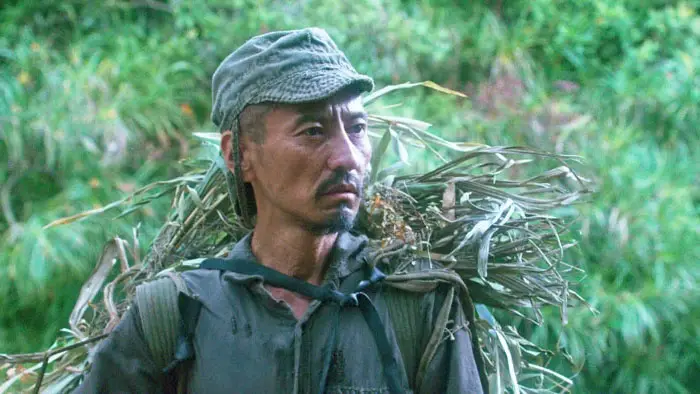
"…rare insight into the thin line between duty and madness..."

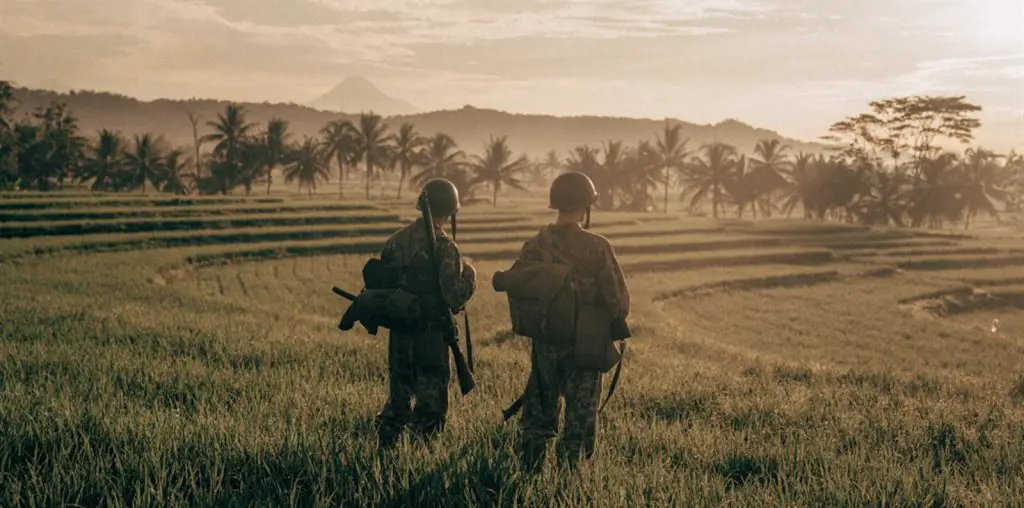
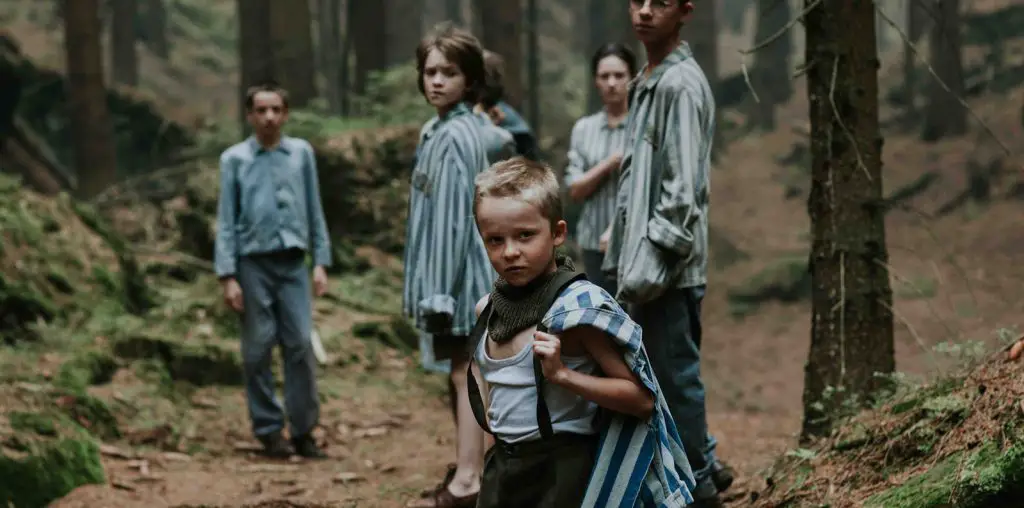
So, where can I watch this film?
[…] Source link […]